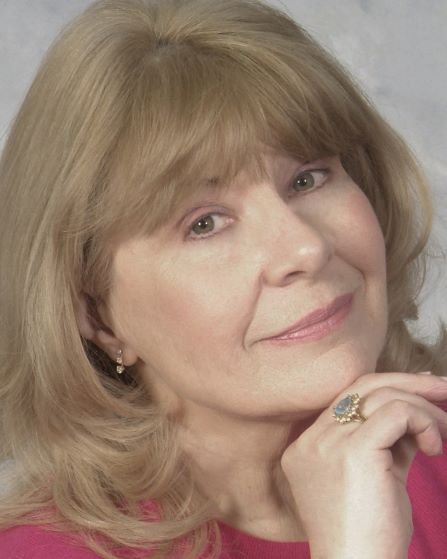Most authors have some sort of a home office which is good and bad. Good in the sense that you have a quiet place to weave your stories without major disturbances from co-workers. Bad because your neighbors and family members know that you’re home and they don’t understand the reality of writing. They don’t see it as a ‘real job.’
“Hey, Kristen, listen,” says a neighbor of mine, an accountant, who is basically a very nice man. “I was waiting for a delivery from Home Depot but I’ve got to get back to the office. Would you mind watching out for the delivery truck and signing for the lawn mower? Oh, and yeah, if they don’t come by 3:30, can you call this number and find out when they will come?”
Now I can say, “Sure, no problem,” but I’ve got a deadline to meet with my new book and it is crucial that I finish the last two chapters before it goes off to my editor. So I politely tell him I would like to help out but that I have writing to do.
He looks at me in surprise, shakes his head, and says, “But you can do that at any time, right? You’re not going to get fired if you’re late, right?”
I shake my head, tell him I’m sorry, and say I have a solid deadline. He walks away miffed and muttering, “God, it’s not like you have a real job.”
But I do have a real job. What my very nice neighbor, and many others, don’t understand is that my writing, (my novels, my short stories, my articles, my columns), is a real job and my bread-and-butter. I am lucky enough to make a nice living out of the stories and ideas that swirl around in my head and it is my profession.
Unfortunately, he isn’t the only one who views writing as not being a “real job.” Many of my other neighbors and friends have his attitude about what I do. Parents of two children, under the age of ten, who live down my block, asked me if I wanted to baby-sit their kids during the summer. The mother told me, “I mean you write so it’s not like you’re really busy.” As Charlie Brown would say, “A-r-r-g-h!!!!! Needless to say, my answer was a definite no.
Until my first book was sold my Aunt May always referred to my writing as a hobby. And while she was pleased and happy for me when I received a book deal, even now she feels that what I do is not real work and that she can call me to pick her up for a shopping excursion on any given afternoon. When I ask why she doesn’t call her daughter Karen, she informs me that, “I can’t disturb her at work. She has a real job.”
And my husband, my biggest fan, used to think nothing of calling from his office and interrupting me while I was in the middle of putting together a story. “You can get back to it, baby. Just listen to this.” The problem was I couldn’t always get back to it. I convinced him that my hours writing are sacrosanct and, unless it is of major importance, no interruptions, please darling! After I explained all that to him, I believe he understands—sort of—
As a writer I have to say that I feel a job is a job, a profession is a profession. What makes one job or chosen profession more real than another? Is it that we tend to define real jobs in a certain fixed category? Does a “real job” have to meet the following criteria such as a full-time position with set hours, a position that pays a weekly salary, and gives you health insurance/sick leave/paid vacation? Is this it?
I’ve had a so-called real job; teaching world languages in high school. While it was something that was lucrative and which I found pleasurable and rewarding, it did not satisfy the creative hunger in me that needed a writing outlet.
The idea that writers are “not really working” is not only erroneous but a bit insulting. Writing is a profession that is time-consuming and doesn’t always have set hours and God knows it has no set salary. Distractions can have a negative impact on creativity. Concentration is an absolute necessity as is meeting deadlines whether set by an editor, publisher, or even yourself. This work is not something that can “be done later.” It is as important as any other job or profession. If you, as a writer, don’t see the importance of your work, you are doing yourself a big disservice. Your work is important and no one, least of all you, should treat it as any less than a profession.
I may not win any popularity contests in my neighborhood or be my aunt’s favorite niece but I am doing what I want to do and making it a positive career. While writing for a living is chancy and a calculated financial risk, I would rather be doing this than anything else because I find it to be fulfilling, stimulating, rewarding, and enjoyable! That’s the definition of a real job to me.
© copyright 2021 Kristen Houghton all rights reserved


